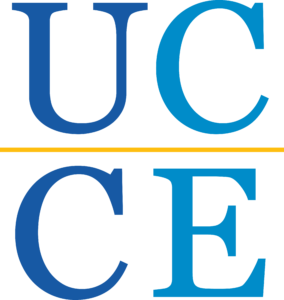A collaboration hub for climate and agricultural work
We create spaces for sharing ideas, identify and catalyze opportunities for collaboration, and co-create strategies to support the effective coordination of our partner activities to advance nature-based climate solutions in agricultural landscapes.
The Marin Carbon Project (MCP) is a consortium of independent agricultural institutions working in Marin County and the surrounding region, including university researchers, county and federal agencies, and conservation and food nonprofits. Our partners engage in collaborative research, demonstration, and implementation of climate smart agriculture practices on rangeland, agricultural, and forest soils.
Mission
In response to the rapid pace of global climate change, the Marin Carbon Project (MCP) seeks to enhance carbon sequestration and greenhouse gas emissions reduction in rangeland, agricultural, and forest ecosystems through collectively advancing climate smart agriculture at scale.
Vision
Our vision is for farmers, ranchers, and land managers to serve as stewards of soil health and to adopt climate smart agricultural practices to improve agricultural productivity and viability, enhance ecosystem function, adapt to and mitigate climate change, and strengthen agricultural and community resilience to climate change for the equitable benefit and enjoyment of all.
Strategic Goals
To advance climate smart agriculture, the partner organizations of the MCP are focused on developing a county-wide model for working lands carbon management, and sharing this model in service of wider agricultural climate efforts.
The MCP convenes Working Groups of key stakeholders around each of its goals to inform and support the activities implemented by our partner organizations.
Together, we are working collaboratively with agricultural producers, local communities, technical assistance providers, scientists, funders, and policymakers to achieve the following goals:

Scale up Activity
Support a climate smart agriculture technical assistance and education framework to meet the Marin CAP 2030 target of sequestering 55,752 MT CO2e by 2030.
Develop financing innovations
Improve and increase the financing options and level of funding for climate smart agricultural work at a regional scale for farmers, ranchers, land managers, and technical assistance providers.
share lessons learned
Influence policymakers and policy by widely communicating the Marin carbon farming model and lessons learned in service of broader agricultural climate efforts.
Support research
Utilize existing research and generate new and necessary scientific research evidence to improve our ability to achieve county climate action plan goals in Marin and other counties.
Interested in carbon farming?
Who We Are
We acknowledge that the agricultural lands and communities of Marin reflect a complex integration of multiple on- and off-farm communities. This landscape is also the result of thousands of years of occupancy and management by indigenous peoples, primarily Coast Miwok, and more recently shaped by dramatic land use changes in the colonial era. MCP is committed to our work meaningfully including voices and perspectives, particularly those of communities that are directly and indirectly impacted by our work.
Steering Committee
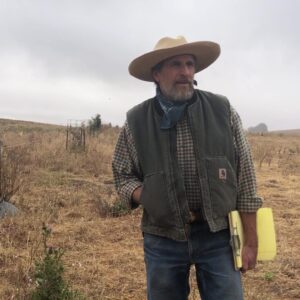
Dr. Jeff Creque
Dr. Jeff Creque is a co-founder of the Marin Carbon Project and the Carbon Cycle Institute, where he serves as Director of Rangeland and Agroecosystem Management. Jeff provides senior leadership on carbon farming and land management, applied science, policy, and education, informed by thirty-five years of applied experience and theoretical training. He is an agricultural and rangeland consultant and a Natural Resources Conservation Service certified nutrient management planning specialist and technical service provider. Jeff’s organizational affiliations include: Founding Board Member, Alliance for Local Sustainable Agriculture (Marin); Co-Founder, Bolinas-Stinson Beach Resource Recovery Project; Agricultural Director, Apple Tree International; Co-Founder, West Marin Compost Coalition. Jeff holds a PhD in Rangeland Ecology from Utah State University, and is a California State Board of Forestry Certified Professional in Rangeland Management.
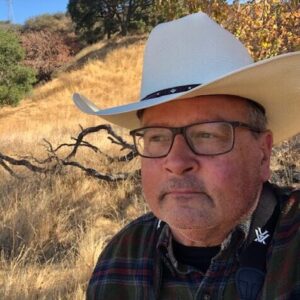
joe Deviney
Joe Deviney received his bachelors degree in biological sciences from CSU Hayward/East Bay and has over thirty years of experience in the many programs the Agricultural Commissioner’s office is responsible for. He has spent decades working in the field on many invasive plant and insect programs. More recently, he served as the Agricultural Commissioner/Sealer of Weights and Measures for Santa Clara County leading many consumer and environmental protection programs and promoting and protecting agriculture. He has collaborated with numerous open space partners, government agencies, and land use stakeholders in his career and worked on many ag preservation and food system projects and publications including reports on the contributions of agriculture to the local economy, the Santa Clara Valley Ag Plan, Small Farms – Big Potential with the Santa Clara Food System Alliance, and the Santa Clara Comprehensive Food System Assessment. Deviney is also a well-known leader and advocate for agriculture through his active role with the California Agricultural Commissioners and Sealers Association (CACASA). Joe loves all aspects of biology, being out in the wonderful natural habitats of the Bay Area and traversing though ecotones.
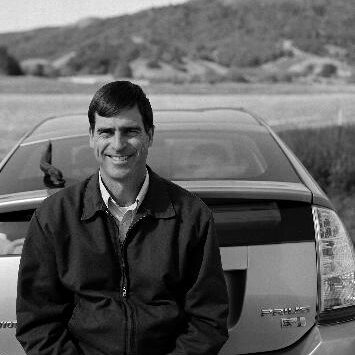
Dr. david lewis
David is Director of the Marin County UC Cooperative Extension (UCEE). Mr. Lewis is a Watershed Advisor and holds a M.S. in International Agricultural Development. He specializes in agroforestry, soil science, and watershed management and research.
Mr. Lewis’ role in the Marin Carbon Project is to fund and guide research in another area of critical carbon work that directly relates to the watershed services work of the Marin RCD. This research will focus on the dynamics of carbon sequestration and nitrogen in restored Mediterranean riparian areas. This work will begin in May 2009. Mr. Lewis and Ms. Larson will collaborate with the RCD, NRCS, and MALT staff to demonstrate and educate landowners, if and when the positive benefits of carbon sequestration are validated.
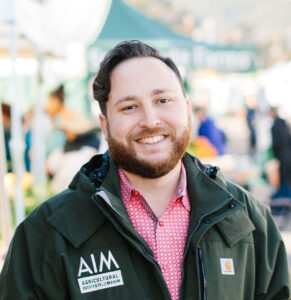
Andy Naja-Riese
Andy Naja-Riese brings 15 years’ experience in community food systems and education. He is Chief Executive Officer of the Agricultural Institute of Marin (AIM), a Bay Area 501c3 educational non-profit that connects communities and local and regional food systems so the public can access healthy and sustainably-grown food. In his current role, Andy is a champion for a systems approach to connecting small to mid-size farmers and producers with communities in a way that is empowering, responsible, and socially just.
Andy leads AIM’s day-to-day operations, while directing the organization’s major programs, fundraising, government partnerships, external relations, and strategic planning in collaboration with AIM’s Board of Directors. Andy brings a unique perspective to non-profit executive management after spending 10 years with the Federal government, including the U.S. Department of Agriculture’s Food and Nutrition Service, where he oversaw the administration of $12 billion in benefits redeemed by 8 million low-income households at grocery stores and farmers markets across eight Western states. Andy received his Master’s degree in Society, Human Development, and Health from the T.H. Chan Harvard School of Public Health and his Bachelor’s degree in Communication, Environment, Science, and Health from Cornell University’s College of Agriculture and Life Sciences. Andy is currently the Co-Chair of the Marin Healthy Eating Active Living Collaborative, Vice Chair of San Rafael’s Citizens Advisory Committee on Economic Development and Affordable Housing, and an active member of both the California Food & Farming Network and Drawdown: Marin. He lives in San Rafael with his husband and dog and enjoys backyard gardening, cooking farmers market hauls, eating NY-style bagels, and enjoying the natural beauty of Northern California.
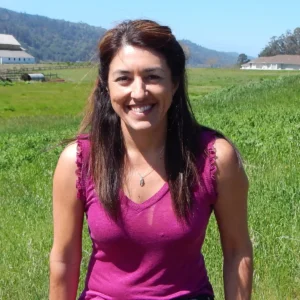
Nancy Scolari
Nancy Scolari is the Executive Director of the Marin Resource Conservation District (Marin RCD). Ms Scolari will continue the Marin RCD’s focus of on-the-ground implementation while supporting the mission and goals of the Marin Carbon Project. She received a B.A in Environmental Studies and Planning at Sonoma State University before enlisting in the U.S Department of Agriculture’s AmeriCorps National Service Program. During this time she assisted dairy producers in the development of regional water quality monitoring programs and the development of ranch conservation plans. She has been with the Marin RCD for 26 years and has brokered and managed many grant contracts, been a liaison between funders, land managers and board members, and implemented several hundred on-the-ground conservation and restoration projects, based on watershed-wide plans and research. Nancy is a co-founder of the Marin Carbon Project.
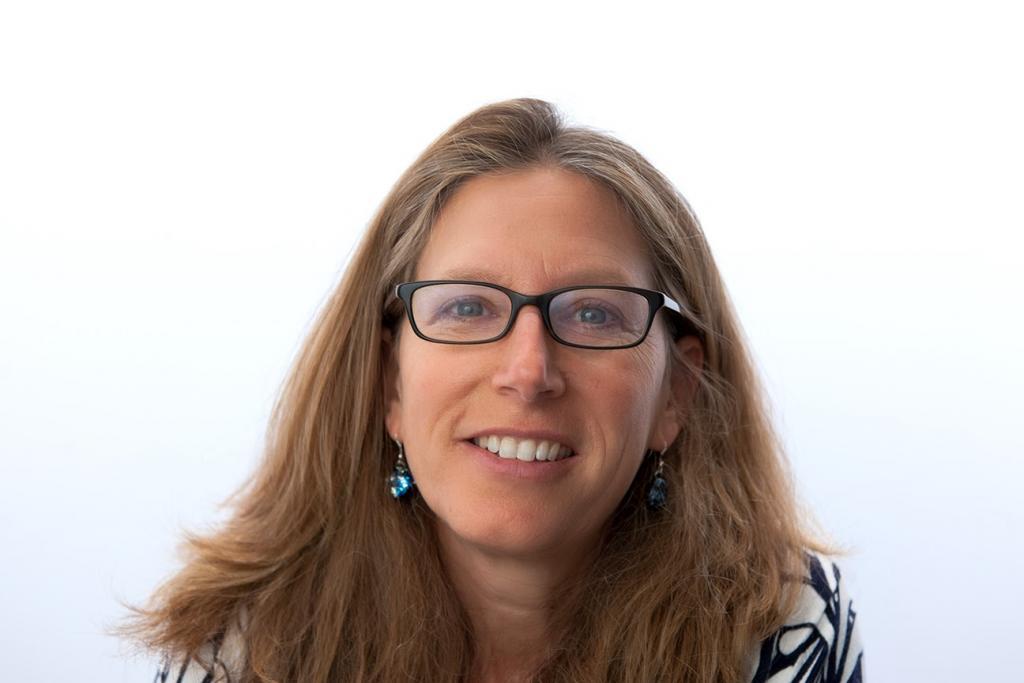
Dr. Whendee Silver
Whendee is Professor of Ecosystem Ecology in the Department of Environmental Science, Policy and Management at the University of California, Berkeley. Whendee’s role on the Steering Committee is to conduct and coordinate the scientific research of the project. She also participates in the outreach and education activities by helping to translate scientific findings to project participants and the general public. Dr. Silver consults on the implementation plan and manages the long term monitoring program and carbon monitoring protocol development. She also holds an appointment on the Geological Science Faculty of Lawrence Berkeley National Laboratory. Her research seeks to determine the biogeochemical effects of climate change and human impacts on the environment, and the potential for mitigating these effects. She holds PhD and MS degrees from Yale University.
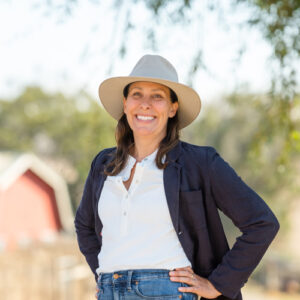
Lily Verdone
Lily joined Marin Agricultural Land Trust (MALT) in August of 2022, the first woman to officially lead the organization since its founding. Prior to joining MALT, Lily was senior director of Coastal Quest, an Oakland-based nonprofit building climate resilience for vulnerable coastal communities. In her more than 20-year career, she has led many initiatives to protect agricultural land, open space and fresh water — working within global organizations such as The Nature Conservancy as well as small, community-based land trusts. She holds a bachelor’s degree in environmental studies and a masters of science in biology from Sonoma State University.
History
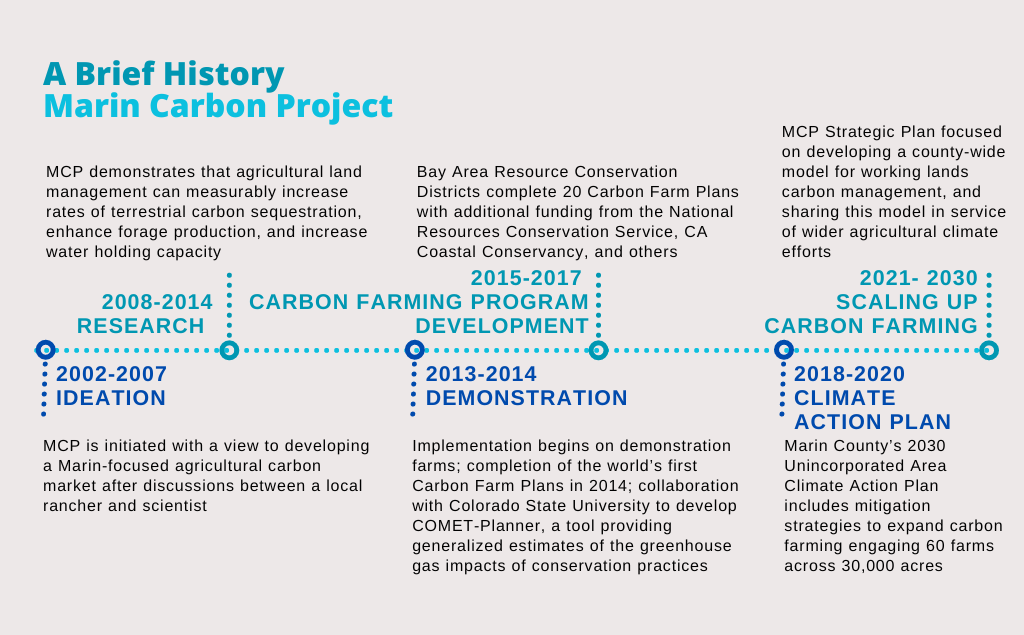
Funding Partners
The Marin Carbon Project is supported through the generous contributions of the following funding partners:
John Wick
CA State Coastal Conservancy
Kurland Family Foundation
CA Wildlife Conservation Board
Cambria Family Foundation
California Parks Bond 2016 Measure A: Parks, Open Space and Farmland
Hog Island Oyster Company
Marin Agricultural Land Trust (MALT) Stewardship Assistance Program
Rahr Foundation
Seed Fund
Hog Island Oyster Company
US Department of Agriculture, Natural Resource Conservation Service (USDA NRCS)
11th Hour Foundation
Marin Community Foundation
County of Marin
Mental Insight Foundation
Patagonia
Rathmann Family Foundation
Regenerative Agriculture Foundation
Sara and Evan Williams Foundation
If you are an agricultural producer or landowner seeking assistance in development of a Carbon Farm Plan (CFP), contact your local RCD or NRCS office.





